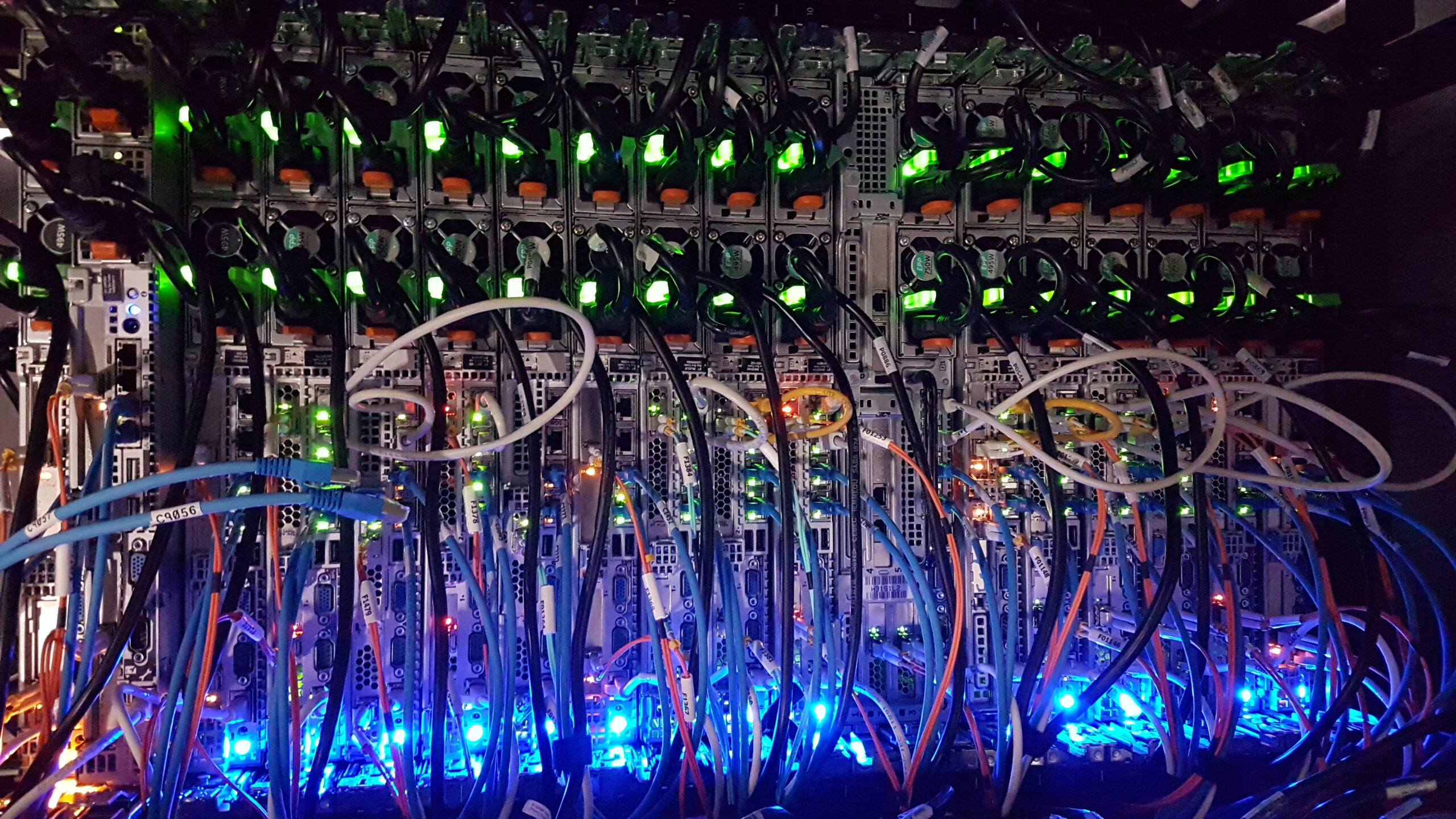Proof of Work (PoW) is a type of algorithm used by some blockchains to achieve distributed consensus. PoW requires nodes (also known as miners) to perform a series of computationally intensive tasks in order to validate transactions and create new blocks on the blockchain.
The main benefit of PoW is that it helps to secure the blockchain and make it resistant to tampering or revision. Because miners must expend a significant amount of computational power in order to solve the tasks required for PoW, it is difficult for any single actor to gain control of the network or to manipulate the blockchain. This helps to ensure the integrity and immutability of the blockchain.
PoW is also used to introduce new units of a cryptocurrency into circulation. Miners who successfully validate transactions and create new blocks are rewarded with a certain number of units of the cryptocurrency. This helps to incentivize miners to participate in the network and contribute to its security.
There are also some drawbacks to PoW, however. One major concern is that the computational demands of PoW can be resource-intensive, leading to high energy consumption and costs for miners. Additionally, PoW networks can be subject to centralization if a small number of miners are able to acquire a disproportionate amount of computing power.

